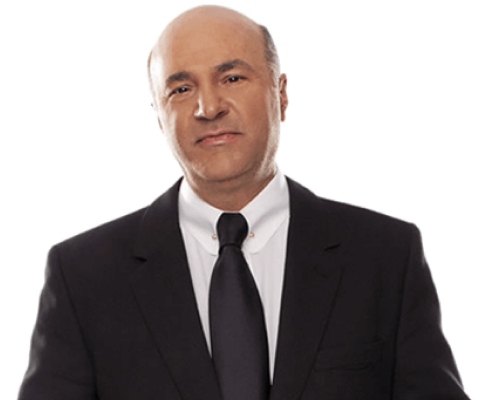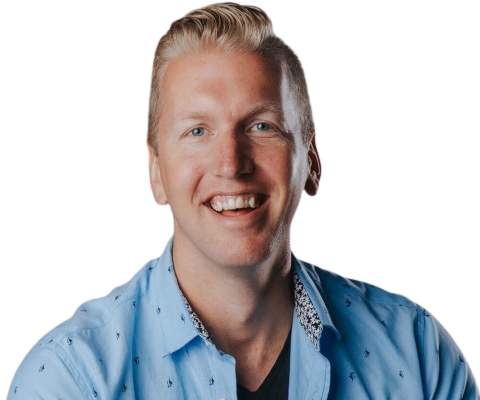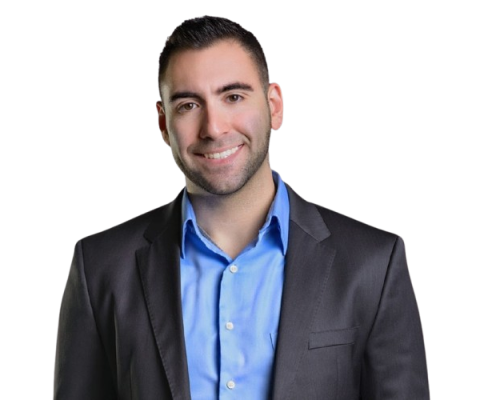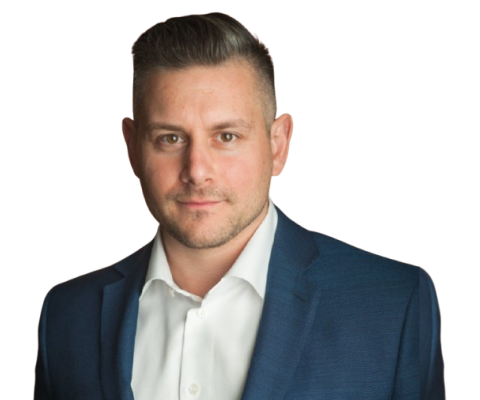What Are Prohibited Marks?
NARRATOR: Lucas runs an online gaming club and all proceeds go to help disadvantaged people to get back on their feet.
NARRATOR: Lucas decided that it's time to register the name of his business. He has come up with a couple of names like CHARITY GAMING CLUB or RED CROSS.
NARRATOR: Lucas decided to meet with a Trademark Factory representative to discuss this. The representative is arriving in Lucas' office.
TRADEMARK FACTORY: Hello Lucas, I see you are busy here.
LUCAS: Yes, I am and I think it's time to register the trademark so that people know that I run a serious business. I have come up with CHARITY GAMING CLUB or RED CROSS.
TRADEMARK FACTORY: Fair enough. Let me just check quickly for you.
TRADEMARK FACTORY: I would like to help. But there are certain marks that cannot be registered. They are called prohibited marks.
TRADEMARK FACTORY: Government or royal crests, certain flags, words like United Nations, RCMP, Red Cross symbol, armed forces marks, words/symbols indicating government approval cannot be registered.
LUCAS: So, RED CROSS is out of the question then?
TRADEMARK FACTORY: I am afraid so.
LUCAS: Are there more prohibited marks?
TRADEMARK FACTORY: Yes, let me tell you about them. You cannot register the names of universities.
LUCAS: I had no idea.
TRADEMARK FACTORY: Scandalous or immoral marks are also not registrable. Marks that have religious significance are not registrable either.
LUCAS: I think this makes sense.
TRADEMARK FACTORY: In addition, you cannot register somebody's signature or portrait without the consent of that person or his estate.
LUCAS: So many prohibitions
TRADEMARK FACTORY: I saved the most surprising prohibition until the end. Last but not least, you cannot register marks that are similar to official marks of public authorities.
LUCAS: What do you mean?
TRADEMARK FACTORY: Public authority in Canada is an organization that has significant government control. Official marks are unique to Canada.
TRADEMARK FACTORY: Official marks cover all products and services. They don't need to be renewed and they are not subject to usual rules that apply to ordinary marks. In this sense, they are supertrademarks.
TRADEMARK FACTORY: If you pick a name similar to an official mark, you cannot register it. The only way to register it is to get consent from the public authority that owns the official mark.
LUCAS: Wow. But what's it got to do with me?
TRADEMARK FACTORY: Unfortunately, it just so happens that CHARITY GAMING CLUB was actually registered as an official mark.
LUCAS: But aren't trademarks registered in association with specific goods and services?
TRADEMARK FACTORY: Not the official marks, they're not. So it means you cannot register it for ANY products or services.
LUCAS: That's not fair.
TRADEMARK FACTORY: Yes, but nothing we can do about it. Remember one more point: a public authority can register their official mark even AFTER you register your ordinary trademark.
LUCAS: Are you kidding me? So ordinary trademarks are worthless?
TRADEMARK FACTORY: Of course not. First of all, the idea is that public authorities will not be abusing their powers. So this is why you don't see public authorities registering Apple, Starbucks, or Toyota as their official marks. And most importantly, registration of an official mark does not deprive owners of previously registered ordinary marks of their rights.
LUCAS: What does it mean?
TRADEMARK FACTORY: It means that even if a public authority chose to register Starbucks as their official mark, the real Starbucks would retain all rights to its trademark—but only because it had already been registered in Canada.
LUCAS: Thanks a lot. I now need to come with another name.
TRADEMARK FACTORY: Feel free to call so that we can confirm that it's registrable.
LUCAS: I sure will.












